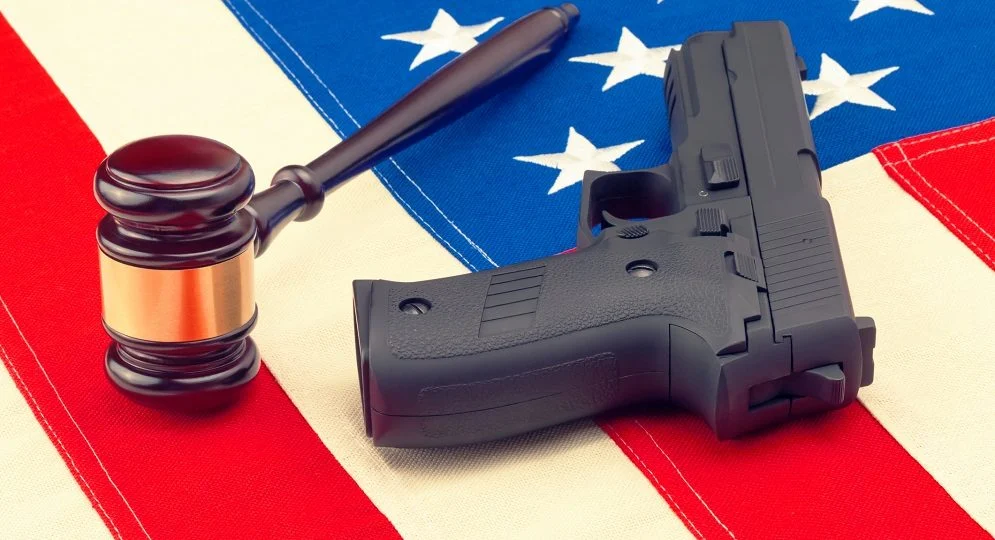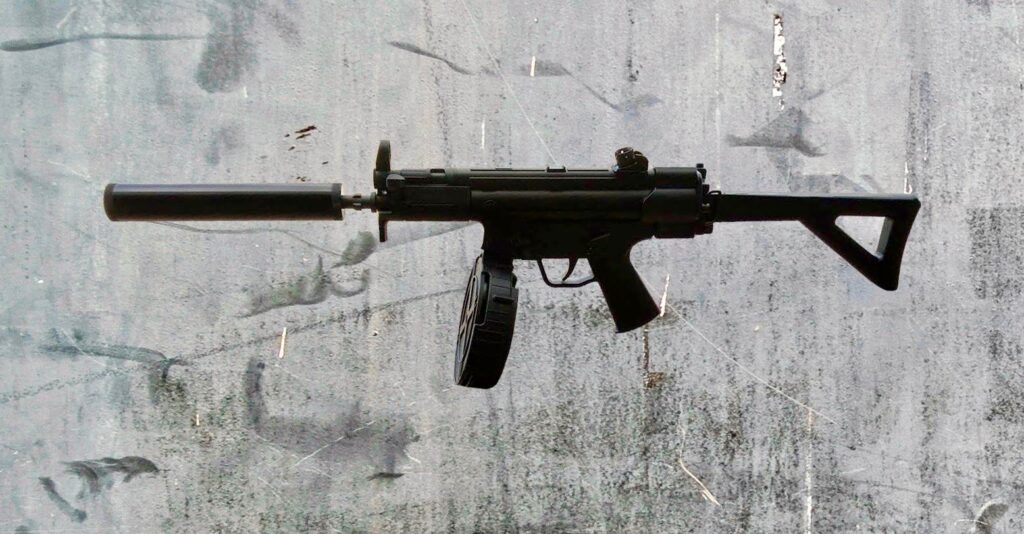Table of Contents
Is it Legal to Buy a Solvent Trap?? let’s dive into Exploring the legality of buying a solvent trap became crucial during my journey as a firearm enthusiast and DIY gunsmith. In this article, I’ll share my experiences and insights, helping you make informed decisions and stay compliant with the law.
The legality of purchasing a solvent trap varies based on federal, state, and conversion factors. Understand your jurisdiction’s laws and regulations to ensure compliance before purchasing.
Differentiating a Solvent Trap from a Suppressor
Solvent traps and suppressors are two distinct firearm accessories with different purposes and legal implications. It is crucial to understand the differences between them to ensure compliance with relevant laws and regulations. In this section, we will explore the key factors that differentiate a solvent trap from a suppressor.
Design and Function
A solvent trap is designed to capture cleaning solvents and debris during the firearm cleaning process. It typically consists of a tube with end caps and a filtration system to trap the solvent, preventing it from entering the surrounding environment. The primary purpose of a solvent trap is to facilitate the effective and efficient cleaning of firearms.
On the other hand, a suppressor, also known as a silencer, is a regulated accessory that attaches to the muzzle of a firearm. Its purpose is to reduce the noise and muzzle blast produced when a firearm is discharged. Suppressors contain internal baffles or chambers that help dissipate and control the gases generated by the firing process, resulting in reduced noise signature.
Intended Use
Solvent traps are intended solely for cleaning firearms and capturing cleaning solvents and debris. Their primary function is to assist in maintenance and cleaning routines, ensuring optimal firearm performance and longevity.
Suppressors, however, specifically aim to mitigate the noise produced by firearm discharges. They are subject to strict regulations and require compliance with federal and state laws, including proper registration, taxation, and adherence to the National Firearms Act (NFA).
Potential for Conversion
One critical aspect that sets solvent traps apart from suppressors is their potential for conversion. Solvent traps can be transformed into suppressors with modifications such as the addition of baffles or altering their internal components to reduce noise. It is important to note that converting a solvent trap into a suppressor without proper legal procedures, including obtaining the required permits and tax stamps, is illegal.
Complying with Federal Firearm Regulations

Taking Responsibility Federal laws, such as the National Firearms Act (NFA), play a significant role in regulating the purchase and possession of solvent traps. To ensure compliance, I dedicated time to thoroughly study these regulations. By understanding the legal requirements, I could confidently navigate the purchasing process, knowing that I was adhering to the guidelines set forth by the Bureau of Alcohol, Tobacco, Firearms, and Explosives (ATF).
Prioritizing Compliance and Responsible Ownership:
My Ethical Approach As a responsible gun enthusiast, I firmly believed in prioritizing compliance and avoiding any modifications that could potentially convert a solvent trap into an illegal suppressor. I recognized the importance of maintaining the integrity of the device and staying within the bounds of the law. By exercising caution and refraining from alterations that violated legal boundaries, I ensured a responsible approach to owning a solvent trap.
State-Specific Laws and the Path to Knowledge
While federal laws provide a foundation, it was essential for me to consider state-specific regulations as well. Each state may have additional restrictions or requirements concerning solvent traps. Through thorough research and consultation with legal professionals, I familiarized myself with the laws of my state. This knowledge allowed me to navigate the legal landscape confidently and responsibly.
Seeking Guidance from Legal Professionals
Expert Advice as a Safety Net Throughout my journey, I learned the value of seeking guidance from legal professionals who specialize in firearms laws. Whenever uncertainties arose or questions lingered, I reached out to these knowledgeable individuals. Their expertise provided me with accurate and up-to-date information, offering peace of mind and ensuring I made informed decisions while complying with the law.
Conclusion
So, Is it Legal to Buy a Solvent Trap? When buying solvent traps, navigating the legal landscape is paramount to ensure compliance with federal and state laws. Differentiate solvent traps and suppressors. Understand federal regulations like the NFA and stay informed about state-specific laws for compliance. Educate yourself and consult legal professionals to confidently purchase and possess solvent traps while complying with applicable laws. Responsible ownership and adherence to the law ensure a safe and enjoyable firearms experience while maintaining compliance.
Finally, We provide high-quality solvent traps that meet your needs with convenience and discretion. Our store prioritizes privacy, shipping packages discreetly and ensuring secure transactions. Visit our shop HERE to confidently fulfill your requirements while protecting your privacy.

